Immigrant community in Canada
In 2019, 341,180 newcomers joined the immigrant community in Canada, which is the highest level of permanent resident admission in the history of Canadian Immigration! According to Immigration, Refugees Citizenship Canada (IRCC), almost 58% of permanent residents were admitted through an economic program, 85,300 of which applied through Express Entry. People chose to move to Canada for various reasons, however the most popular is the fact that Canada offers high-quality education and healthcare, at no cost, safety, liberal freedoms, and a multicultural dynamic that makes it one of the best places to live in the world.
But where do the majority of foreigners come from and where do they choose to settle in Canada?
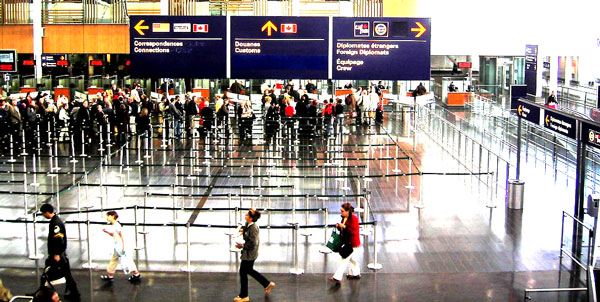

Top 10 Nationalities Moving to Canada
Canada views immigration as an integral part of the country’s growth and success, in the expansion of its economy as well as contributing significantly to its aim to increase diversity and instil its values of multiculturalism and acceptance. It has been estimated that by 2030, the development of the country will rely solely on immigration due to a waning birth rate and an ageing population, which is why the government is so focused on finding ways to make it both easier and more inviting for immigrants to join communities in Canada.
As we’ve mentioned before, immigrants from all over the globe choose to live and work in Canada every year but there are 10 in particular that have topped the list. Below are the top countries of origin of people who chose to move to Canada in 2019.
| Top 10 Nationalities Who Moved to Canada in 2019 | |
|---|---|
| Country | Total |
| India | 85,585 |
| China | 30,260 |
| The Philippines | 27,815 |
| Nigeria | 12,595 |
| United States of America | 10,800 |
| Pakistan | 10,790 |
| Syria | 10,120 |
| Eritrea | 7,025 |
| Republic of Korea | 6,110 |
| Iran | 6,055 |
| Total | 207,142 |
Indian Communities in Canada
The Indian community is the fastest-growing immigrant group in Canada, making up 25% of the permanent residents admitted in 2019.
Most originate from the Punjabi region and tend to move to provinces such as Ontario, British Columbia and Alberta in Canada.This could be due to the fact that the majority of student visas were issued to Indian students, totalling at 139,740, which was more than a third of study permits issued in 2019. Most international graduates tend to stay on to live and work in Canada through programs like the Post Graduate Work Program as well as various province-specific graduate programs which inevitably lead to the possibility of permanent residency. And seeing as many of the top universities and colleges can be found in the three provinces it makes sense that most Indian nationals tend to gravitate to these three provinces.
Another reason is that occupations in the tech, medical, engineering and agricultural sectors are in high demand in these provinces making them highly attractive to Indian skilled workers.
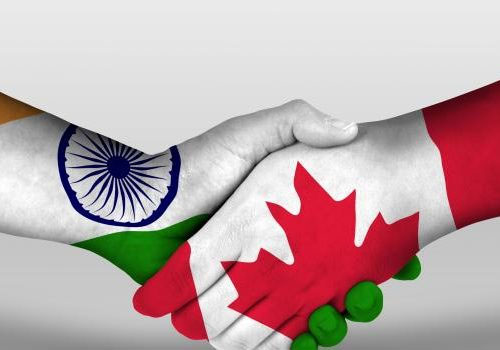
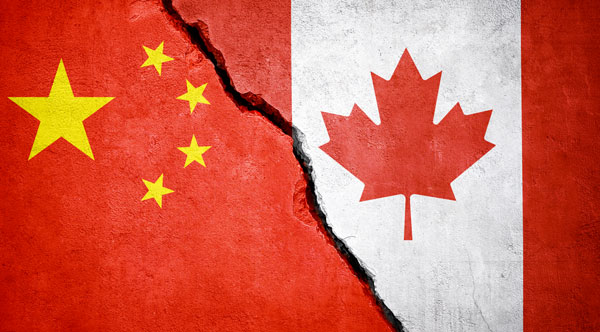
Chinese Communities in Canada
Chinese immigrants tend to settle in provinces such as British Columbia (BC), Ontario, Quebec and Alberta, particularly in the Greater Toronto Area, Metro Vancouver, Greater Montreal and Calgary. Chinese people represent the largest non-European community in Canada. Chinese students received the second-highest number of study permits in 2019 and it stands to reason that they would choose BC, Ontario and Alberta as their destination of choice. Not only are they great places to study in Canada but the job market offers great prospects for IT professionals, engineers, financial professionals as well as those in the manufacturing and marketing sectors. Although the number of Chinese people moving to Canada has not necessarily increased, it has remained constant showing an unwavering interest in Canada as an immigration destination.
Filipino Communities in Canada
Filipinos choose to move to Canada they tend to gravitate to top cities like Toronto, Vancouver, Winnipeg and Calgary.
Although there has been a slight decline over the past five years in immigration, communities continue to grow. This could be due to the fact that Canada closed its former Live-in Caregiver program and replaced it with 2 new Home Support Worker Pilots. Although this has helped to simplify the application process the number of spots available has been reduced from 14,000 in 2019 to 5,000 in 2020.
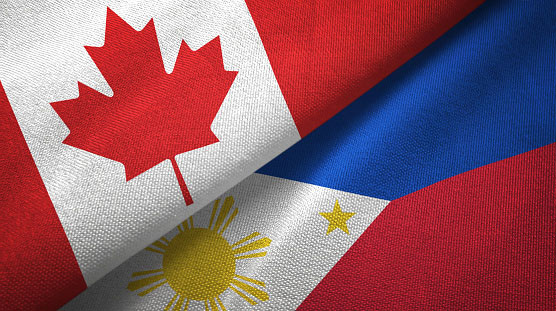
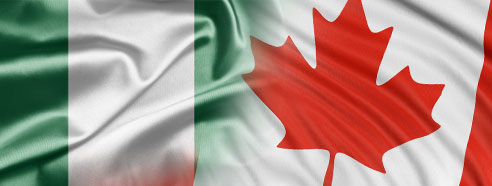
Nigerian Communities in Canada
The Nigerian immigrant community in Canada has been growing at an incredible rate, offering over 13,000 Nigerian permanent residents in 2019. With recent US bans on travel, many immigrants have opted for Canada instead, relocating to provinces such as Ontario, Alberta, Manitoba, British Columbia and Saskatchewan.
American Communities in Canada
Although there has been a lot of speculation about sudden increases in immigration levels based on the US president, Donald Trump’s less than approving views on immigration as well as fear surrounding how immigrants and immigration would be affected should Trump may take the presidency again in the US recent elections, evidence shows that there has not been a spike in Canadian immigration but merely an increased interest. Almost 11,000 US citizens moved to Canada in 2019, which is nearly 3 per cent of the overall total of immigrants who became permanent residents. Most American major urban places to live in Canada such as Toronto (Ontario), Vancouver (British Columbia), Edmonton and Calgary (Alberta).
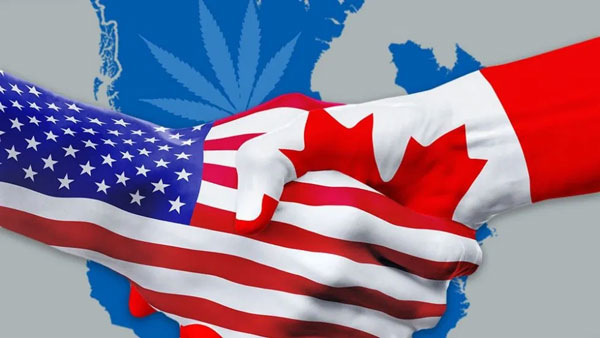
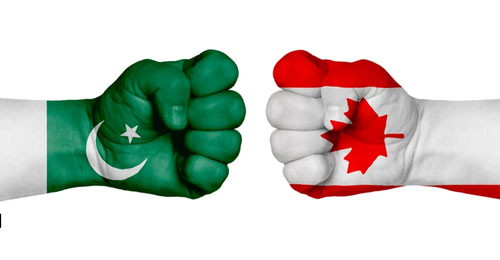
Pakistani Community in Canada
The Pakistani immigrant community in Canada has been growing steadily over the years, with over 160,000 living mainly in Ontario, Alberta, Quebec and British Columbia. One of the major draws to Canada is that it is multicultural and tolerant of all races and religions, with very prominent Muslim Islamic communities. In fact, Islam is the second-largest faith in Canada, after Christianity, and there are various organisation and places of worship nationwide. Besides immigration through economic immigration programs, Pakistanis can now enjoy fast-tracked student visa application processing times of just 20 days through the Student Direct Stream.
Syria Communities in Canada
Syrian Canadians refers to Canadians who claim Syrian ancestry and newcomers who have Syrian citizenship. According to the 2016 Census, there were 77,050 Syrian Canadians compared to the 2011 Census where there were 40,840.
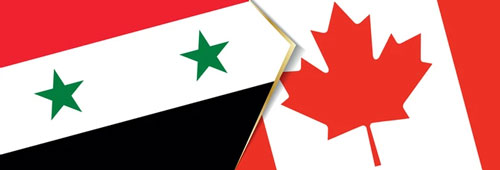

Eritrean Community in Canada
Eritrean Canadians are a hyphenated ethnicity of Canadians who are of full or partial Eritrean national origin, heritage and/or ancestry, Canadian citizens of Eritrean descent, or an Eritrea-born person who resides in Canada. According to the 2016 Canadian census, 25,255 people reported Eritrean ancestry.
Korean Communities in Canada
Most Korean Canadians, both new immigrants and their children, are skilled workers or professionals — doctors, professors, engineers, computer and electronic personnel, for example — or are engaged in businesses such as food stores, gas bars, restaurants, printing shops, real estate and insurance agencies. Many Korean families earn multiple-incomes, with their Canadian-educated children contributing to the family income and to its upward mobility.
Most Koreans have settled in urban centres, particularly in Toronto, Vancouver, Montreal, Edmonton and Calgary; more recently, some are moving to smaller centres as economic opportunities change. The 2016 Canadian census recorded 198, 210 people of Korean origin in Canada.
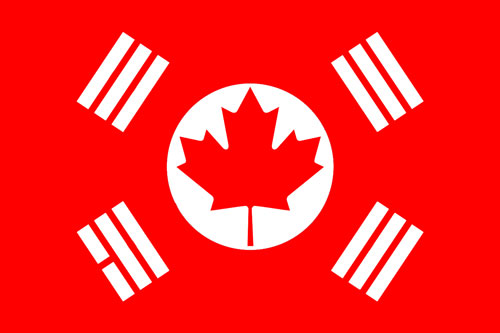
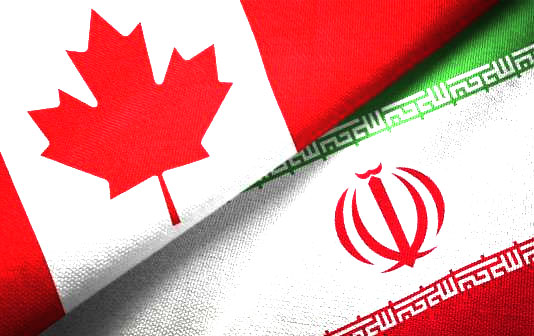
Iranian Community in Canada
As of 2016 a total of 97,110 Iranians reside in the Greater Toronto Area, 46,255 in the Greater Vancouver Area, and 23,410 in the Greater Montreal Area, with the remainder spread out in the other major cities of Canada, based on the 2016 Canadian Census.
Iran, formerly known as Persia, is one of the oldest civilizations of the world. Iranians are a relatively new community in Canada and one that continues to grow. Their immigration to the country began in the 1980s, in the wake of the 1979 Iranian Revolution. In 2016, there were 170,755 people of Iranian origin in Canada, and another 39,650 had multiple origins, one of them being Iranian (for a total of 210,405 Canadians). From 2011 to 2016, Canada welcomed 42,070 Iranian immigrants. Iran is one of the top ten birthplaces of recent immigrants to Canada, ranked fourth after the Philippines, India and China.
this information created by by Robynn F., November 20th, 2020